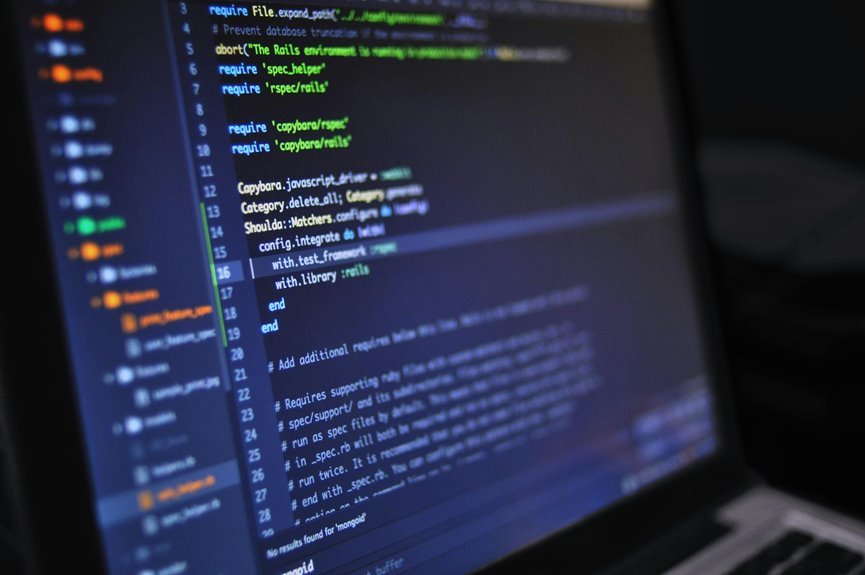Melorubia2: Como Este Código Afeta o Sistema Legal

Melorubia2 represents a significant advancement in the legal sector, promising improved efficiency through automation. This code addresses the escalating challenges of heavy caseloads and intricate procedures, potentially transforming traditional practices. However, its integration also introduces concerns about systemic biases and data privacy. As the legal landscape continues to evolve, the implications of relying on such technology warrant thorough examination. What fundamental principles might be at stake in this shift towards automation?
The Promises of Melorubia2 for Legal Efficiency
As legal systems worldwide grapple with increasing caseloads and procedural complexities, Melorubia2 emerges as a promising tool for enhancing legal efficiency.
This innovative platform facilitates legal automation, streamlining processes that traditionally consume significant time and resources.
Potential Risks and Ethical Considerations
While Melorubia2 presents significant advantages in legal efficiency, it also raises potential risks and ethical considerations that merit careful examination.
Key concerns include the need for effective bias mitigation to prevent systemic inequalities and the safeguarding of data privacy to protect sensitive information.
These factors are crucial for maintaining public trust and ensuring that technological advancements do not compromise fundamental legal principles.
The Future of Justice in a Tech-Driven World
Advancements in technology are reshaping the landscape of the legal system, prompting a reevaluation of how justice is administered.
As AI accountability becomes paramount, courts must adapt to the integration of digital evidence.
The future of justice hinges on establishing frameworks that ensure transparency, safeguard individual rights, and maintain the integrity of the legal process in an increasingly tech-driven world.
Conclusion
In summary, Melorubia2 presents a double-edged sword for the legal system, promising increased efficiency while simultaneously posing ethical dilemmas. As technology reshapes legal practices, it is imperative to tread carefully, ensuring that the scales of justice remain balanced. While the automation of processes can enhance productivity, the potential for systemic biases and over-reliance on algorithms must not be overlooked. Ultimately, the legal community must navigate these waters wisely to safeguard fundamental principles amidst technological advancements.




